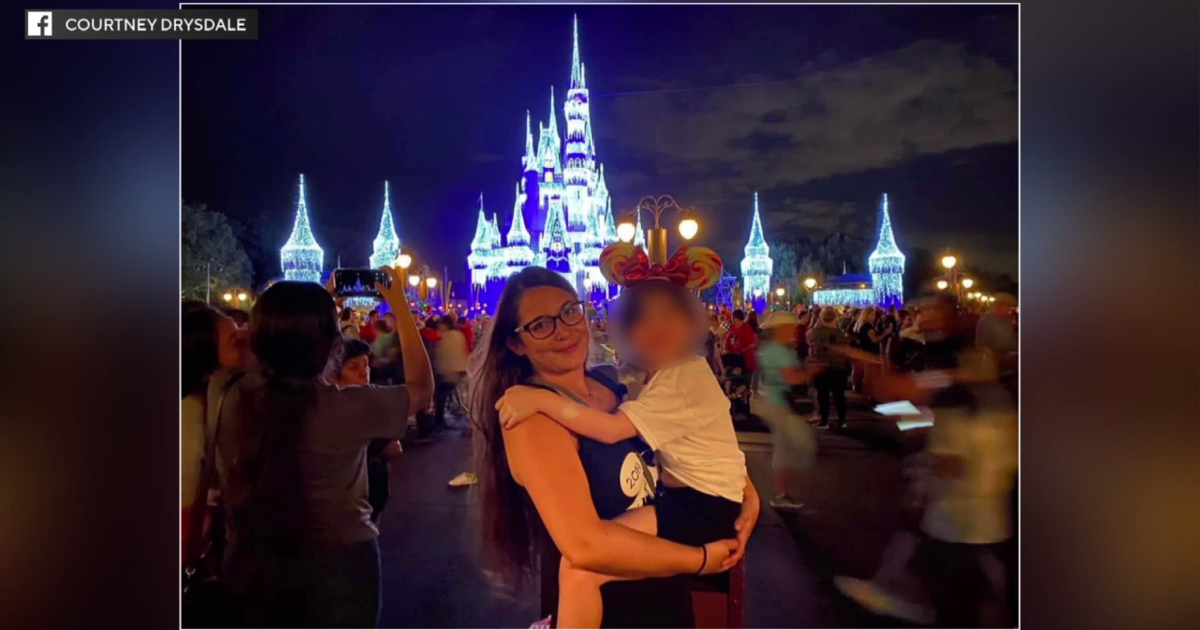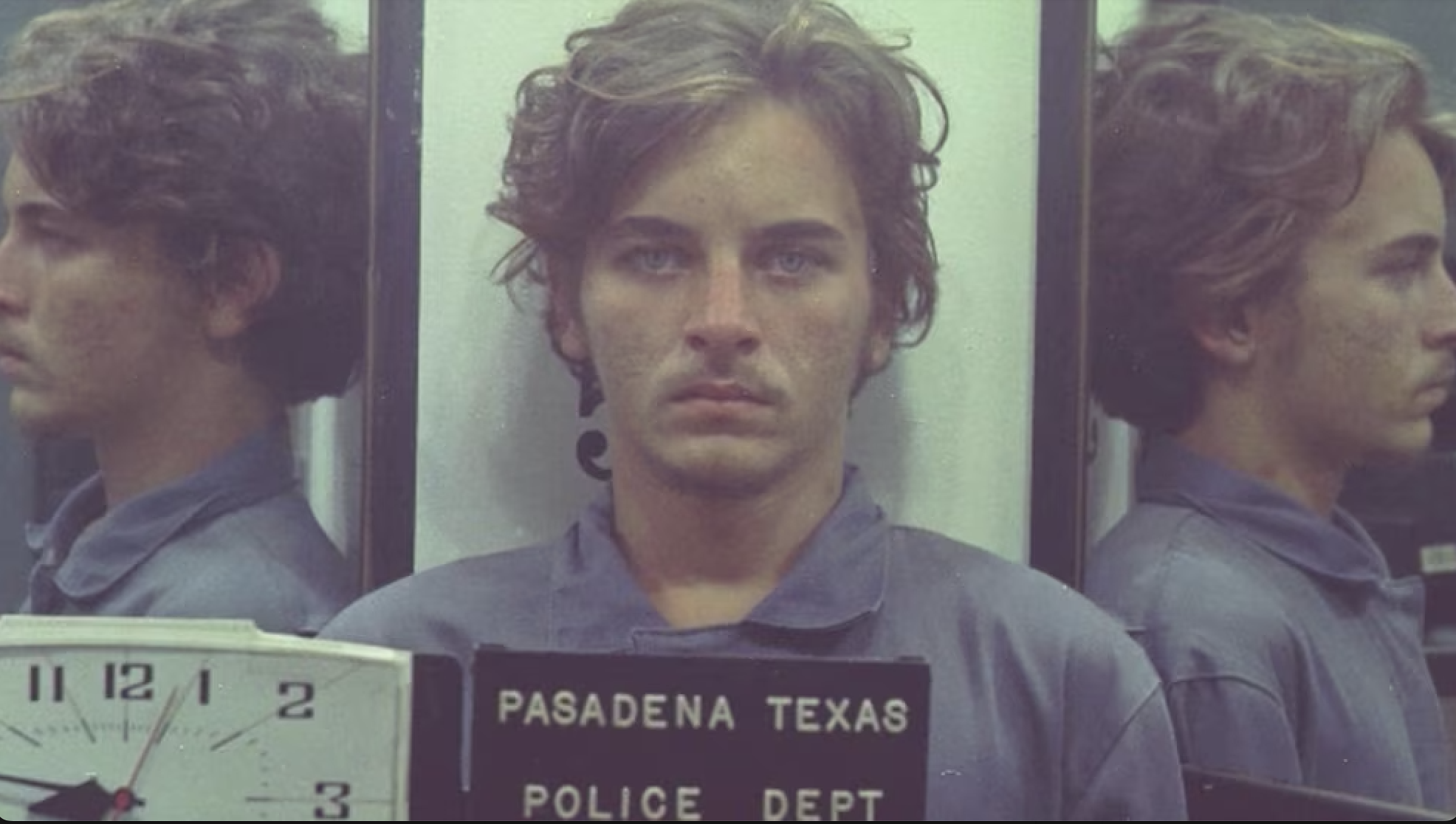Idaho to execute Thomas Creech, infamous serial killer linked to at least 11 deaths
For nearly 50 years, Idaho's prison staffers have been serving Thomas Eugene Creech three meals a day, checking on him during rounds and taking him to medical appointments.
This Wednesday, some of Idaho's prison staffers will be asked to kill the convicted serial killer. Barring any last-minute stay, the 73-year-old, one of the nation's longest-serving death row inmates, will be executed by lethal injection for killing a fellow prisoner with a battery-filled sock in 1981.
Creech's killing of David Jensen, a young, disabled man who was serving time for car theft, was his last in a broad path of destruction that saw Creech convicted of five murders in three states. He is also suspected of at least a half-dozen others.
But now, decades later, Creech is mostly known inside the walls of the Idaho Maximum Security Institution as just "Tom," a generally well-behaved old-timer with a penchant for poetry. His unsuccessful bid for clemency even found support from a former warden at the penitentiary, prison staffers who recounted how he wrote them poems of support or condolence and the judge who sentenced Creech to death.
"Some of our correctional officers have grown up with Tom Creech," Idaho Department of Correction Director Josh Tewalt said Friday. "Our warden has a long-standing relationship with him. ... There's a familiarity and a rapport that has been built over time."
Creech's attorneys have filed a flurry of last-minute appeals in four different courts in recent months trying to halt the execution, which would be Idaho's first in 12 years. They have argued Idaho's refusal to say where its execution drug was obtained violates his rights and that he received ineffective assistance of counsel.
His attorneys also claim the state presented false evidence against Creech during his clemency hearing, CBS affiliate KBOI-TV reported. Creech's attorneys claimed that the prosecutors showed a PowerPoint with a picture of a sock with Creech's name on it and the image was allegedly accompanied by text that said: "Mr. Creech said, there were names on all the socks, the weapon was labeled Garza."
A three-judge panel of the 9th U.S. Circuit Court of Appeals on Friday rejected an argument that Creech should not be executed because he was sentenced by a judge rather than a jury. Creech's attorneys said they were disappointed by the ruling, citing the judge who imposed the sentence, KBOI-TV reported.
"The court's decision … doesn't change the fact that the very judge who sentenced Tom to death now opposes his execution because it would just be an 'act of vengeance,'" said Deborah A. Czuba, the Federal Defender Services of Idaho attorney who leads the capital defense unit.
His attorneys vowed to keep fighting to save him from execution and said Creech had become a friend over the last 25 years.
"Ultimately, it will be impossible for the state to execute the Tom Creech of 1974," said Czuba. "He died inside Tom a long time ago, replaced by a harmless, remorseful and compassionate man who evolved into a valued, respected and beloved member of the prison community in which he has lived and been punished for 50 years."
It's not clear how many people Creech, an Ohio native, killed before he was imprisoned in Idaho in 1974. At one point he claimed to have killed as many as 50 people, but many of the confessions were made under the influence of now discredited "truth serum" drugs and filled with outlandish tales of occult-driven human sacrifice and contract killings for a powerful motorcycle gang.
Official estimates vary, but authorities tend to focus on 11 deaths.
Just last month, investigators in California closed a decades-old cold case in San Bernardino County, connecting Daniel Walker's 1974 murder to Creech, CBS Los Angeles reported.
In 1973, Creech was tried for the murder of 70-year-old Paul Schrader, a retiree who was stabbed to death in the Tucson, Arizona, motel where Creech was living. Creech used Schrader's credit cards and vehicle to leave Tucson for Portland, Oregon. A jury acquitted him, but authorities say they have no doubt he was responsible.
The next year, Creech was committed to Oregon State Hospital for a few months. He earned a weekend pass and traveled to Sacramento, California, where he killed Vivian Grant Robinson at her home. Creech then used Robinson's phone to let the hospital know he would return a day late. That crime went unsolved until Creech later confessed while in custody in Idaho; he wasn't convicted until 1980.
After he was released from the Oregon State Hospital, Creech got a job at a church in Portland doing maintenance work. He had living quarters at the church, and it was there he shot and killed 22-year-old William Joseph Dean in 1974. Authorities believe he then fatally shot Sandra Jane Ramsamooj at the Salem grocery store where she worked.
Creech was finally arrested in November 1974. He and a girlfriend were hitchhiking in Idaho when they were picked up by two painters, Thomas Arnold and John Bradford. Creech shot both men to death and the girlfriend cooperated with authorities.
While in custody, Creech confessed to a number of other killings. Some appeared to be fabricated, but he provided information that led police to the bodies of Gordon Lee Stanton and Charles Thomas Miller near Las Vegas, and of Rick Stewart McKenzie, 22, near Baggs, Wyoming.
Creech initially was sentenced to death for killing the painters. But after the U.S. Supreme Court barred automatic death sentences in 1976, his sentence was converted to life in prison.
That changed after he killed Jensen, who was serving time for car theft. Jensen's life hadn't been easy: He suffered a nearly fatal gun injury as a teen that left him with serious disabilities including partial paralysis.
Jensen's relatives opposed Creech's bid for clemency. They described Jensen as a gentle soul and a prankster who loved hunting and spending time outdoors, who was "the peanut butter" to his sister's jelly. His daughter, who was 4 when he was killed, spoke of how she never got to know him, and how unfair it was that Creech is still around when her father isn't.
Creech's supporters, meanwhile, say decades spent in a prison cell have left him changed. One death row prison staffer told the parole board last month that while she cannot begin to understand the suffering Creech dealt to others, he is now a person who makes positive contributions to his community. His execution date will be difficult for everyone at the prison, she said, especially those who have known him for years.
"I don't want to be dismissive of what he did and the countless people who were impacted by that in real significant ways," said Tewalt, the corrections director. "At the same time, you also can't be dismissive of the effect it's going to have on people who have established a relationship with him. On Thursday, Tom's not going to be there. You know he's not coming back to that unit - that's real. It would be really difficult to not feel some sort of emotion about that."
According to the Death Penalty Information Center, only three people have been executed in Idaho since 1976, and there are currently eight inmates on the state's death row.



